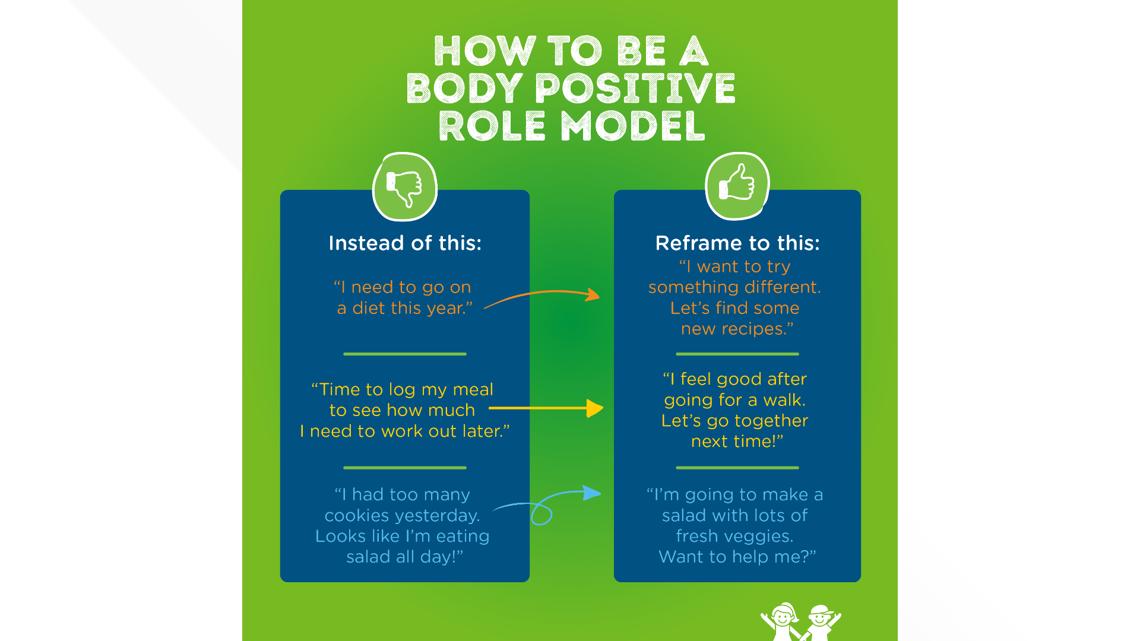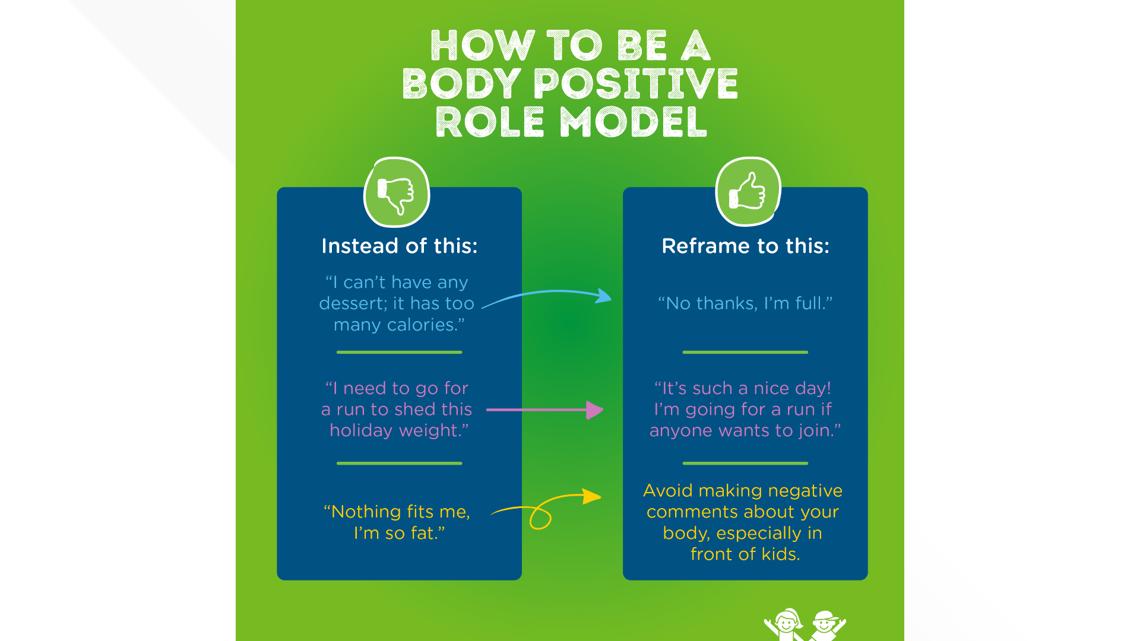ATLANTA — We’re starting to get a clearer picture of how the pandemic has impacted children's health.
New numbers show pediatric obesity rates have hit a new high, and new findings from University of Georgia researchers indicate potentially lifelong consequences for young people's cardiovascular health.
While experts said there are several socioeconomic factors at play, there are also concerns over increased reliance on, and sometimes even addiction to, technology.
A recent study of 10 to 14 year old's found their screen time doubled during the pandemic to an average of eight hours a day from four hours a day pre-pandemic.
“This is what they're used to, this is their every day," said Dr. Stephanie Walsh, medical director of Child Wellness at Children's Healthcare of Atlanta.
Walsh said parents need to encourage time away from screens now more than ever.
“All kids who have limits on screen times are healthier," she said. "Now is the time to go outside, we’re turning off all the TVs, we’re turning off the screens, you need to go play.”
According to the CDC, the percentage of obese children and teens rose from 19% pre-pandemic to 22%.
There’s never been a jump of that size and rate since the CDC started tracking pediatric obesity in 1970.
"I hope that it's a call to action for all of us," Walsh said. "If we don't come together as a community, we're not going be able to make the changes that we know our kids need."
Dr. Joseph Kindler, Assistant Professor in the Department of Nutritional Sciences at the University of Georgia, was a part of a research team that recently found a link between artery stiffness and youth with high BMI.
Their findings suggest overweight children's arteries are hardening, putting them at risk of heart problems.
“Our sort of hope here is that we can intervene and prevent this adverse trajectory later on in life," Kindler said. “Whether it be stroke or heart attack…developing cardiovascular disease, type two diabetes, hypertension… the long term risk that can occur and manifest down the line is incredibly concerning.”
Walsh said parents need to intervene, but in a patient and positive way.
"We really discourage anybody from using the term weight or discussing weight with their child," she said. "This is all about health. It's going to take some time, but we can get there as long as we're committed for the long haul."
Children's Healthcare of Atlanta provided these suggestions for framing healthy habits at home:





